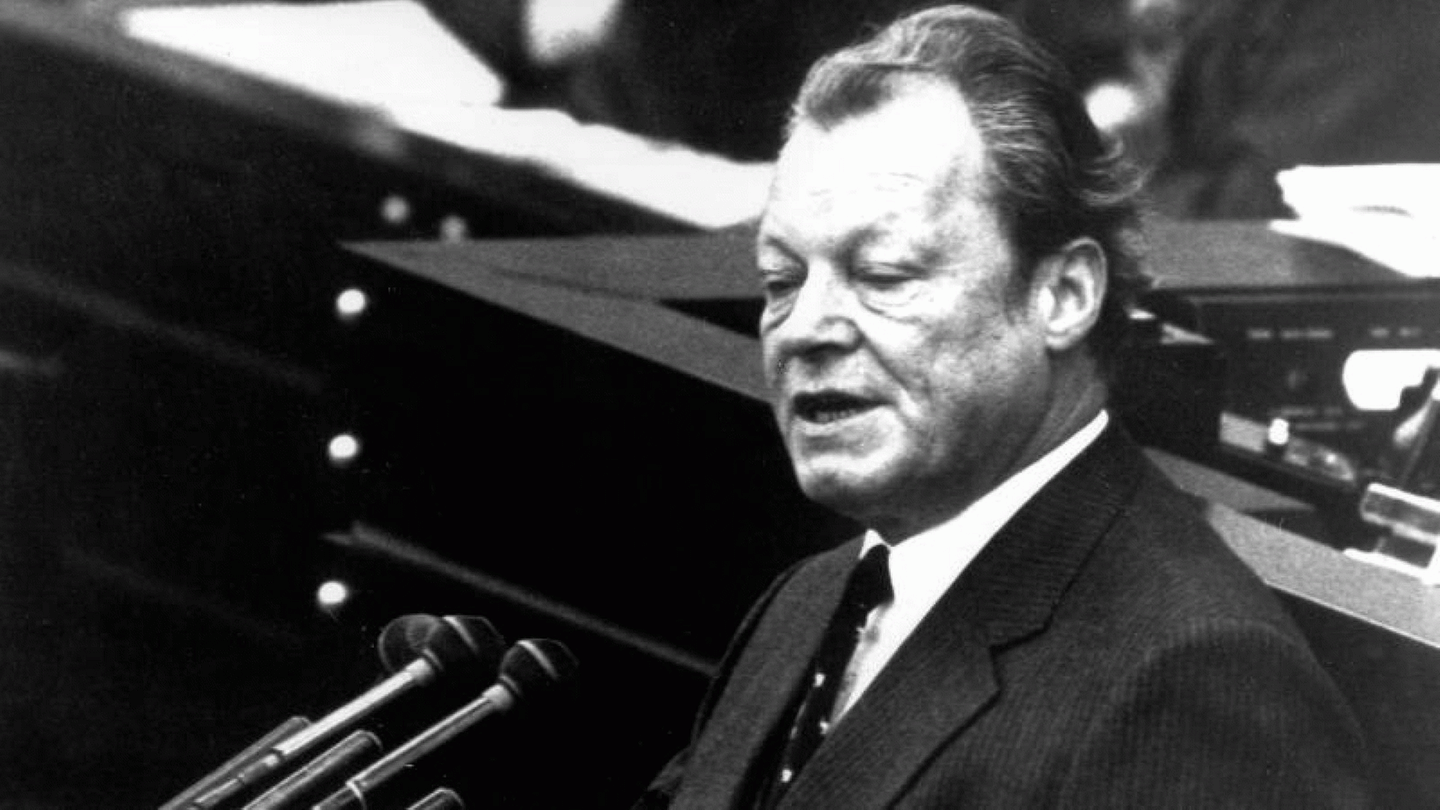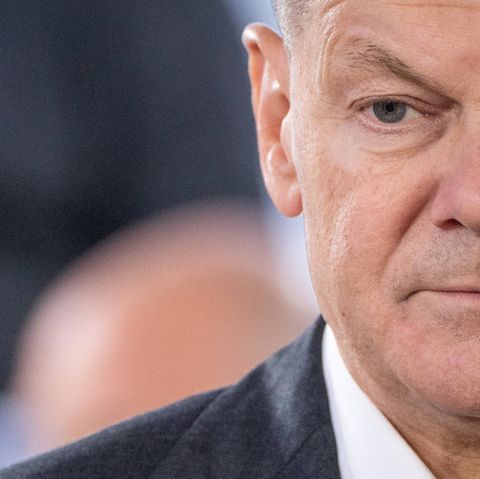Government crisis
This is how the questions of trust for the Chancellors went so far
Copy the current link
It can close ranks or lead to political ruin: the question of confidence in the Chancellor in the Bundestag. Now Olaf Scholz is also resorting to it.
The traffic light coalition is over. After a bitter dispute about direction, especially over the future course of economic and budget policy, Chancellor Olaf Scholz (SPD) announced that he would throw Finance Minister Christian Lindner (FDP) out of the cabinet. The FDP then withdrew all of its ministers from the three-party government alliance – effectively ending the traffic light coalition.
The Bundestag should now vote on a vote of confidence on January 15th, said Scholz in Berlin. He is expected to lose this. In this case, the Chancellor can ask the Federal President to dissolve the Bundestag. Scholz explained that new elections would theoretically be possible by the end of March.
The question of trust has been asked five times so far
The only way to have new elections at the moment is through a vote of confidence by the Federal Chancellor in Parliament, regulated in Article 68 of the Basic Law: “If a motion by the Federal Chancellor to express confidence in him does not receive the consent of the majority of the members of the Bundestag, the Federal President may “The Federal Chancellor’s proposal to dissolve the Bundestag within twenty-one days.”
The procedure is – theoretically – incredibly simple. The Federal Chancellor can take the initiative at any time and submit a request to the Bundestag to express confidence in him. If he no longer has a majority behind him, he can ask the Federal President to dissolve parliament and call new elections. A lost vote of confidence would be evidence that a federal government is no longer able to act. On the other hand, the vote of confidence can also serve to close the ranks of the government factions – if the majority of MPs support the Chancellor. In this case, new elections would be off the table.
The head of government asked the question of confidence a total of five times in the history of the Federal Republic. In 1972, SPD Chancellor Willy Brandt lost the trust of a majority of MPs after some parliamentarians switched to the Union faction. The Bundestag was dissolved, the SPD achieved a record result in the early elections, Brandt remained Chancellor – goal achieved.
In 1982 there were two showdowns in the Bonn Bundestag. Issues of rearmament and labor market policy had led to rifts in the social-liberal coalition led by Chancellor Helmut Schmidt (SPD). The question of trust was intended to discipline the alliance, with success: Schmidt remained in office for the time being – until the coalition broke up in September 1982.
The then opposition leader Helmut Kohl (CDU) took advantage of the opportunity and gathered a majority of CDU and FDP MPs behind him and was elected the new Federal Chancellor by a constructive vote of no confidence in accordance with Article 67 of the Basic Law. In order to legitimize himself for the office, he asked for a vote of confidence in December, but with the clear aim of losing it and thus bringing about new elections. According to the Basic Law, the Bundestag does not have the right to dissolve itself. In the early federal election in 1983, the black-yellow coalition emerged as the winner and Kohl as chancellor.
It took 19 years until another chancellor went all-in: Gerhard Schröder (SPD) linked the question of trust with a concrete factual question, namely the sending of German troops to Afghanistan to support the US fight against international terrorism. There was rumblings about this issue in the government factions of the SPD and the Greens; Schröder tested his power – and won.
Traffic light party collapses due to dispute with Lindner
Just four years later, Schröder asked the question of trust again. This time, however – similar to his predecessor Kohl in 1982 – with the aim of losing it and being able to bring about new elections. The reasons were, among other things, reforms in social policy, which had met with widespread resistance, and state elections that the SPD lost. “Let’s give people the freedom to decide for themselves which state they want,” said the Chancellor. After the election, the red-green coalition was at an end, Angela Merkel (CDU) and a grand coalition took power in the Federal Republic.
Already in June, the CDU had asked for a vote of confidence from Scholz after the European elections, but he rejected it. Now for the sixth time in the history of the Federal Republic there is a question of trust. Scholz sees Finance Minister Christian Lindner (FDP) as being to blame for the break in the coalition. Scholz announced on Wednesday evening that he wanted to dismiss Lindner from the government. The FDP politician is concerned with his own clientele and the short-term survival of his own party. Companies in the country need support, he said, citing the weak economy and high energy prices. He also referred to the international situation with the wars in the Middle East and Ukraine. “Anyone who refuses a solution or a compromise offer in such a situation is acting irresponsibly. As Chancellor, I cannot tolerate that.”
Source: Stern
I have been working in the news industry for over 6 years, first as a reporter and now as an editor. I have covered politics extensively, and my work has appeared in major newspapers and online news outlets around the world. In addition to my writing, I also contribute regularly to 24 Hours World.





